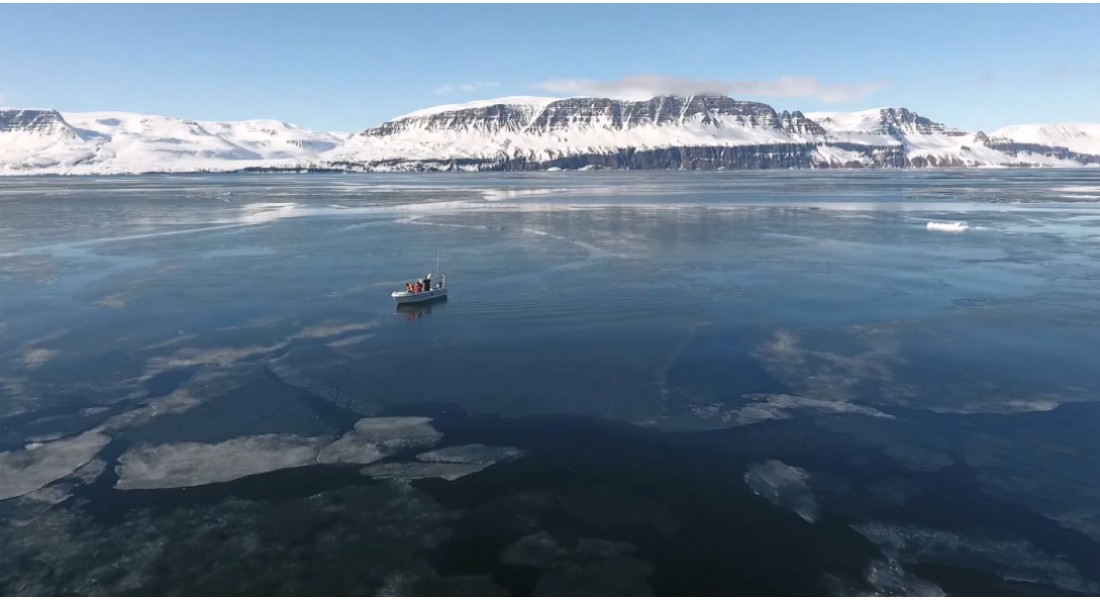Life in the Arctic - the front line of the climate fight
Climate change affects not only us humans, but also the nature and world we live in. At University of Copenhagen, Associate Professor Morten Tange Olsen and his colleagues at GLOBE Institute are studying which species stand to win and which species stand to lose under climate change.

"What is special about the Arctic is that climate change is happening much, much faster in the Arctic than elsewhere. These changes affect the entire ecosystem, from algae to whales. Right now, things are simply going so fast that we doubt whether the Arctic flora and fauna can keep up,” says Morten Tange Olsen.
However, by using ancient DNA analyses and genome sequencing, researchers can more accurately understand how the Arctic ecosystem is affected by climate change.
At GLOBE institute, Morten Tange Olsen and other researchers work towards mapping both living and extinct animals' lives via their genomes, and thereby get an idea of how well the individual species and populations can adapt to climate change.
The concept of 'climate change' can often come across as being rather abstract, but these methods allow researchers to very precisely map what is happening right now, and where and how we can help make a difference for the species and populations that live in the region.
"My dream is that my research can open peoples’ eyes to the wonders and value of nature, and fight a little more to try to preserve it," says Morten Tange Olsen.
Watch the film (in Danish) and find more examples of how KU research contributes to finding solutions to sustainability and global challenges here:
